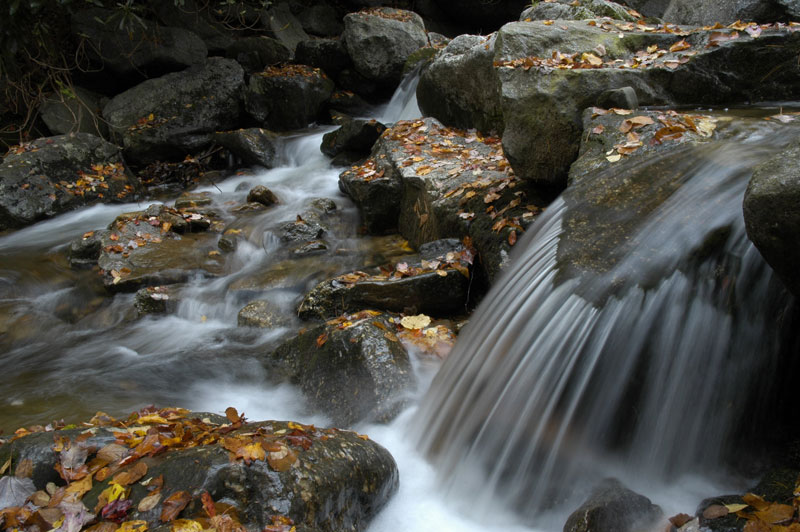Recovery of Nutrient Processes and Microbial Communities in Relict Hydric Soils Following Restoration
https://stroudcenter.org/wp-content/uploads/lofty-creek-feature.jpg 800 532 Stroud Water Research Center Stroud Water Research Center https://stroudcenter.org/wp-content/uploads/lofty-creek-feature.jpgThis research explores how microbes and biogeochemical processes in buried relict soils evolve after restoration and how these organisms and processes can be harnessed to remove nitrogen before it pollutes…

